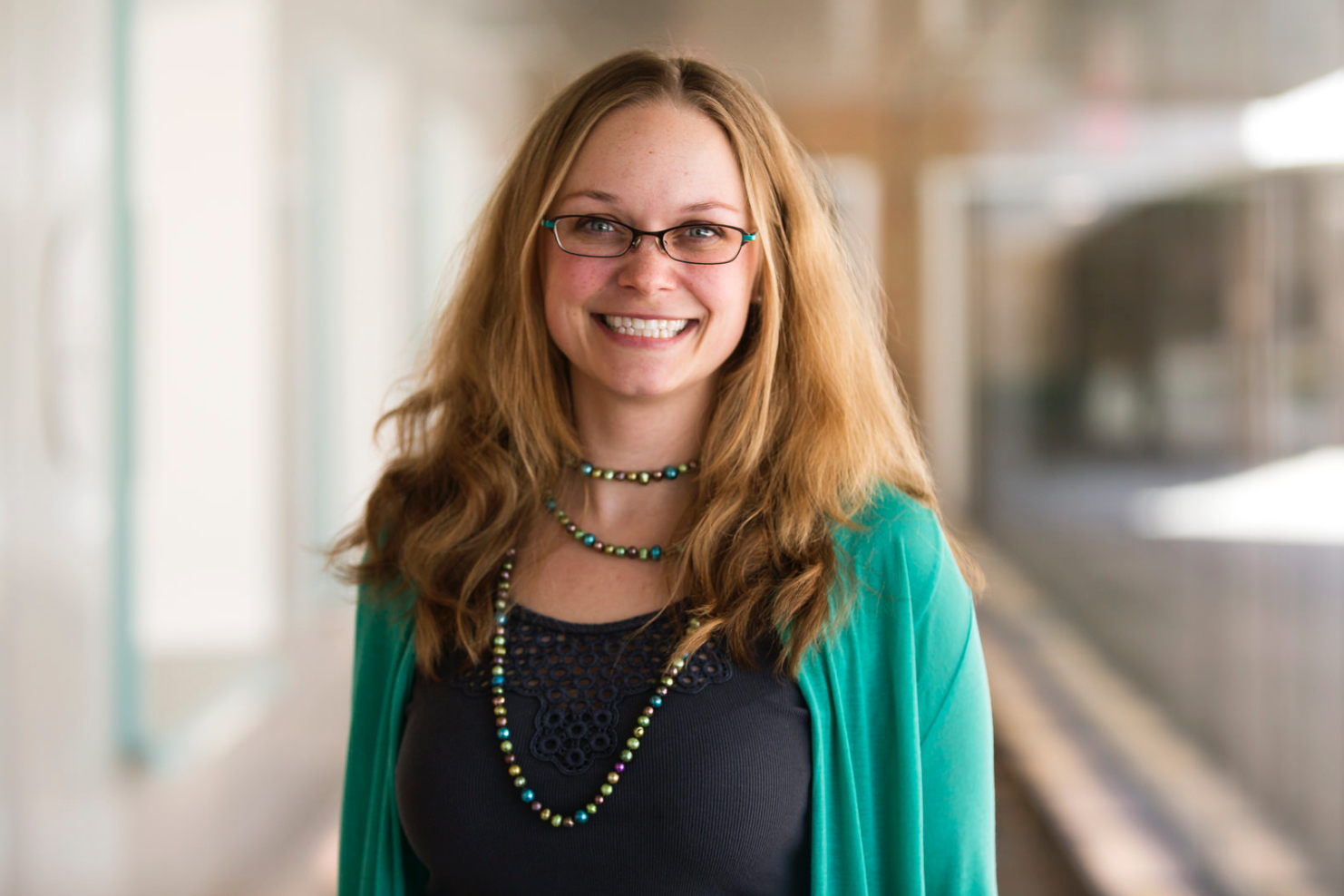Laura Alford
Lecturer IV, Naval Architecture & Marine Engineering
College of Engineering
Being your best DEI self: Think of a time when you were at your best at advancing diversity, equity, and inclusion. What happened? Who was there? Why did you feel at your best?
Engr 101 was remote-only this semester, and we created an online interactive “textbook” with videos and interactive exercises to do instead of regular lectures. We were planning to include a chapter on “Applying Computing to Society” with the idea of highlighting how data analysis and simulation can help us see patterns of bias. But the semester was so hard with Covid-19, and I was so tired, that I didn’t think I could do it justice. But two of our GSIs, Sangam Munsiff and Joe Bertha, were confident that we could do it and do it well. So, that gave me new life. Sangam and Joe, along with one of our IAs, Amalia Siavelis, put together a draft of content based on our past lectures about computing in society. I took it from there and REALLY emphasized inequities in our systems and how computing can reveal those inequities. I’m really proud of that chapter and how we didn’t shy away from “hard” topics. I even added a “further reading” section at the end and linked to things like “redlining” in housing. Thank you NPR’s Code Switch for teaching me about these kinds of things! I feel like this was me at my best because I felt like I actively shared how engineering knowledge and skills can advance DEI.
Wishes for the future: How would you imagine your environment needing to be for you to feel that you don’t have to do DEI work anymore?
Honestly, I would not want to “not do DEI work anymore”. I like to think that DEI is a continuous process of always working to improve our society. If we ceased our trying to improve ourselves and our communities, then we would stagnate. And I’ve read way too many science fiction novels to think that a stagnate society is a healthy society.
What does it mean to you to be a recipient of the MLK Spirit Awards?

